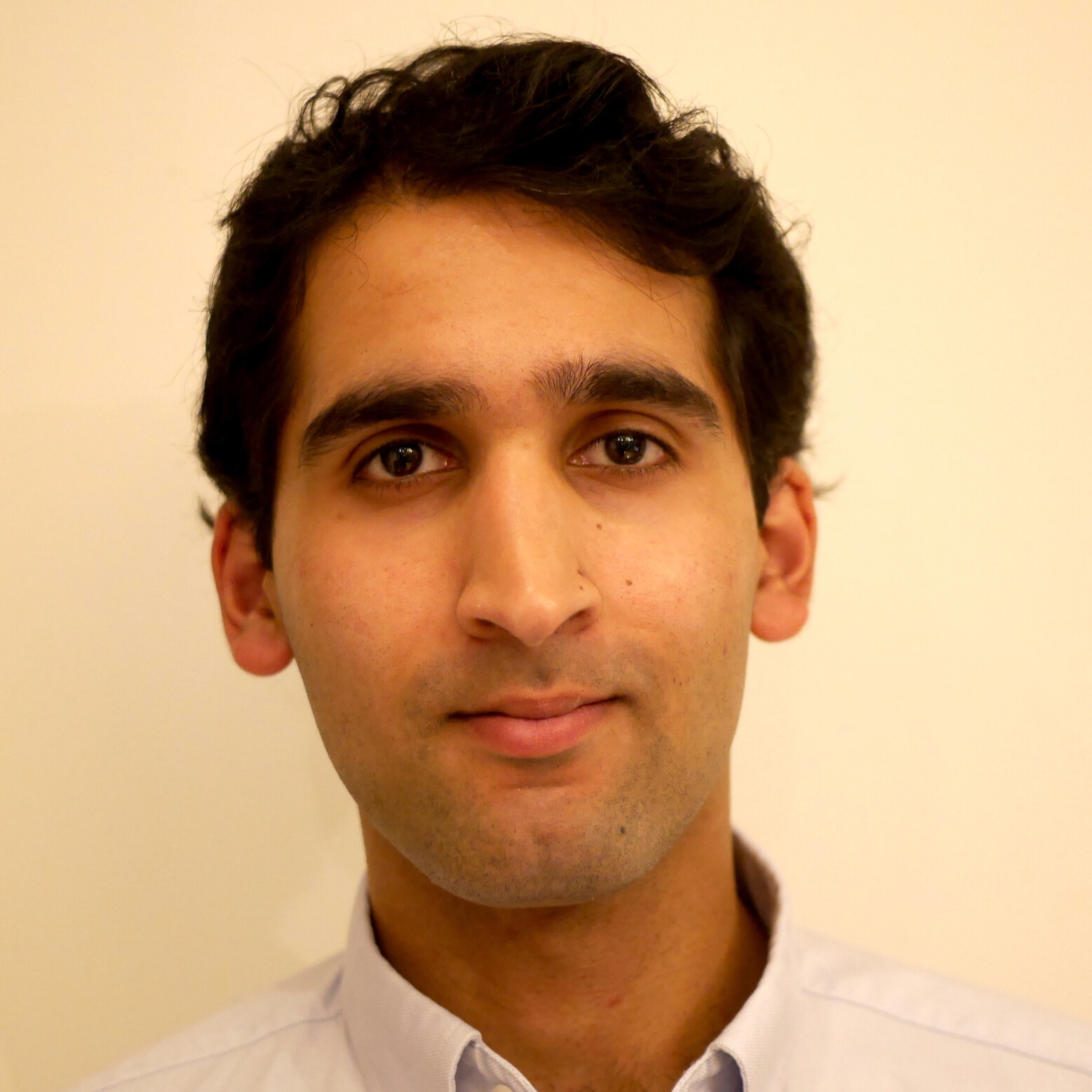
Taha Soomro
Fellow in Clinical AI, Cohort 2
Fellowship Bio
Dr Soomro is an ophthalmology registrar, research fellow and PhD candidate at Moorfields Eye Hospital. His focus is on development and deployment of machine learning models for prediction and quantification of advanced macular degeneration, with treatment using novel stem cell therapies.
Fellowship Project
Shadow deployment AI-powered Geographic Atrophy quantification model
Moorfields Eye Hospital NHS Foundation Trust
Geographic Atrophy (GA) is the most common form of late-stage age-related macular degeneration, which is the leading cause of vision loss in the world. There are recently FDA approved therapies that have been released to treat this condition, which are due for the approval process for the UK by NICE. To triage and monitor treatment of GA, we need to confirm disease with eye imaging systems (OCT), which usually requires review by a specialist eye doctor (ophthalmologist). Moorfields eye hospital have developed a GA AI model (GAAI), which can confirm the presence of GA and quantify the amount of disease. This can potentially allow an automation of triaging for patients with the condition, and more accurate monitoring of the disease using AI in the hospital setting. We have already confirmed the efficacy of the GAAI model in the research setting, but the next step is to review its usability in the clinical setting through shadow deployment. So far, I have been involved with discussions with the information security and governance team at my trust to make sure the project is compliant from a data safety point of view. We are at the stage that approval has been provided from these teams. Over the next few months, we are hoping to shadow deploy the model locally, and assess its usability based on feedback questionnaires from relevant staff (ophthalmologists and ophthalmic technicians).
Fellowship Testimonial
The fellowship has allowed me to consider the whole medical AI product life cycle. I have learnt about important clinical safety and regulatory issues for delivering software as a medical device. I have also learnt the basics of how different types of machine learning technologies pertinent to healthcare function, and how to determine their efficacy in the clinical setting. Overall, it has provided a sound underpinning, on how to deliver AI products in the NHS setting. The monthly workshops have been the highlight of the fellowship for me. Talks have been delivered by though leaders and experts in the field of AI in medicine. I have been able to discuss wide ranging issues with AI in medicine with my peers in the cohort, as well as the speakers. Also having protected time to work on a clinical AI project locally has provided a vital insight into the challenges for delivery of such projects. The skill set gained, as well as the time provided through this fellowship, will help me to continue work in delivering AI technologies in medicine. I see my future as a clinician scientist delivering AI technologies to improve eyecare, and this fellowship as an important stepping-stone in that journey.